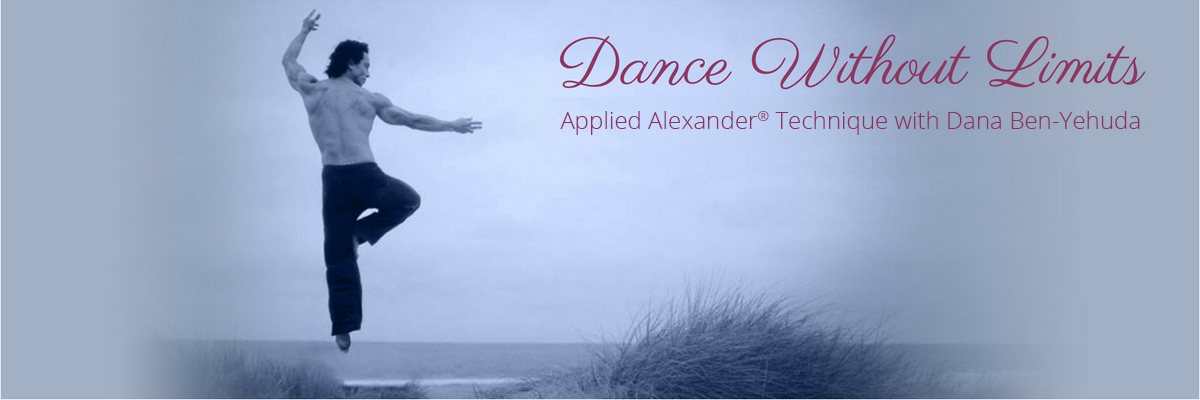What is the Alexander Technique?
Hello friends,
With all the talk about the ATEAM study about Alexander Technique and back pain, are you left behind in the dust wondering what the heck the Alexander Technique is, anyway? And how does it work and what are the principles upon which it is based?
I just knew you’d say you couldn’t wait to hear more. Here is the answer for you, nice and easy and all wrapped up in a nutshell. Aren’t you just a wee bit curious? Read on, and I’ll speak about golfing and being centered.

I’ll even tell you why learning about the principles matters. Promise!
Here are five basic principles of the Technique:
• faulty sensory awareness – this is the sense of where we are in space, called proprioception. Try looking in the mirror; are you surprised to see imbalances that you do not feel? Our inner sense can be tuned up again so it gives a truer picture.
• force of habit – you can learn to change poor postural habits to positive ones and put this force to work for you in a very good way
• the primary control – that the head-neck relationship is of primary importance in coordinating the use of the entire psycho-physical being
• inhibition – to refrain from doing. Here’s an example:
the idea of sitting down often triggers an automatic response to tighten the back of the neck and retract the head. You can learn not to compress your spine by not contracting your head and neck. Are you automatically trying it as you read this? It’s not easy, is it. That’s faulty sensory awareness (see above).
• direction – consciously directing the body with our thought
Why does any of this matter?
It matters because as the sense of your body in space becomes more accurate, your ability to self-correct improves. You can take that skill to an activity such as yoga to improve your practice. When you intend to move into a particular position, you may find it easier to end up where you intended.
In exercise, it helps you use the muscles you are targeting. If your alignment is poor, different muscles than those intended may compensate for the imbalances in your body.
Imagine golfing, and having a skill that helps you be more present in the moment. Would that help your game? Does centering and grounding yourself physically help you center yourself mentally? If your game improves enough because your coordination improves, do you even care?
What you are learning in Alexander lessons is a skill that you can apply to life.
You can use that skill to inhibit your response to pain. Usually, we tighten up. It happens unconsciously, but tightening muscles makes pain many times worse. Learning not to tighten is a skill and you can learn it.
You can even use these principles to inhibit your response to anxiety or negative emotion.
Really…. it’s all the same. I admit that it’s much easier for me to release my neck than my emotions! Hey, I’m human, too. Some stubborn part of me really, really would prefer to hold on, but it’s a good path to walk and I am always glad when I’ve taken that next step.

I call it, Applied Alexander™.
